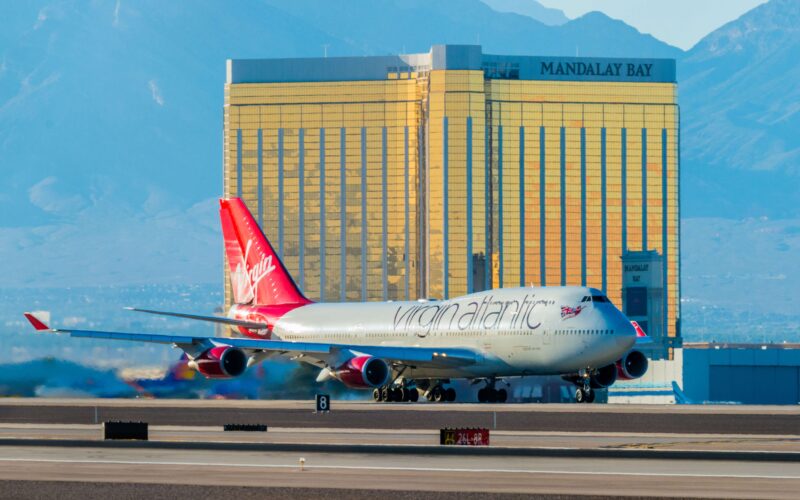On April 30, 2021, British air carrier Virgin Atlantic released its annual financial results for the year of 2020, displaying financial difficulties brought by the ongoing pandemic and international travel restrictions.
In a statement, Virgin Atlantic disclosed that the airline suffered a pre-tax loss of £659 million ($916 million). Virgin (VAH) also noted that the passenger numbers fell by 80% compared to pre-pandemic figures in 2019 due to “the ongoing travel restrictions, border closures, country-wide lockdowns” and grounded aircraft.
“2020 has been the toughest year in our 36-year history. We have taken incredibly difficult decisions, reshaping and resizing the business to reduce costs, preserve cash and crucially, to protect as many jobs as possible,” CEO of Virgin Atlantic, Shai Weiss said.
In 2020, Virgin Atlantic resized its workforce by cutting 41% of its staff (approximately 5,907 people). The carrier also reshaped its fleet by retiring 30 Boeing 747s and 29 Airbus A340-600 aircraft.
Currently, of the 37 aircraft in its fleet, 10 are parked, Planespotters.net data shows. Almost all parked aircraft are Airbus A330s ‒ the oldest wide-bodies it has. Together with the two A330s in service, they average at almost 12 years. Meanwhile, the airline’s Dreamliners and Airbus A350 XWBs are much younger, standing respectively at 5.2 and less than 2 years old on average.
Like most of British airlines, Virgin Atlantic eyes transatlantic service return with British government lifting the international travel ban in the UK beginning May 17, 2021.
“With world leading vaccination programmes in both the UK and US, and evidence to support safe reopening through testing, there is a clear opportunity to open up travel and no reason to delay beyond May 17,” Weiss added.

